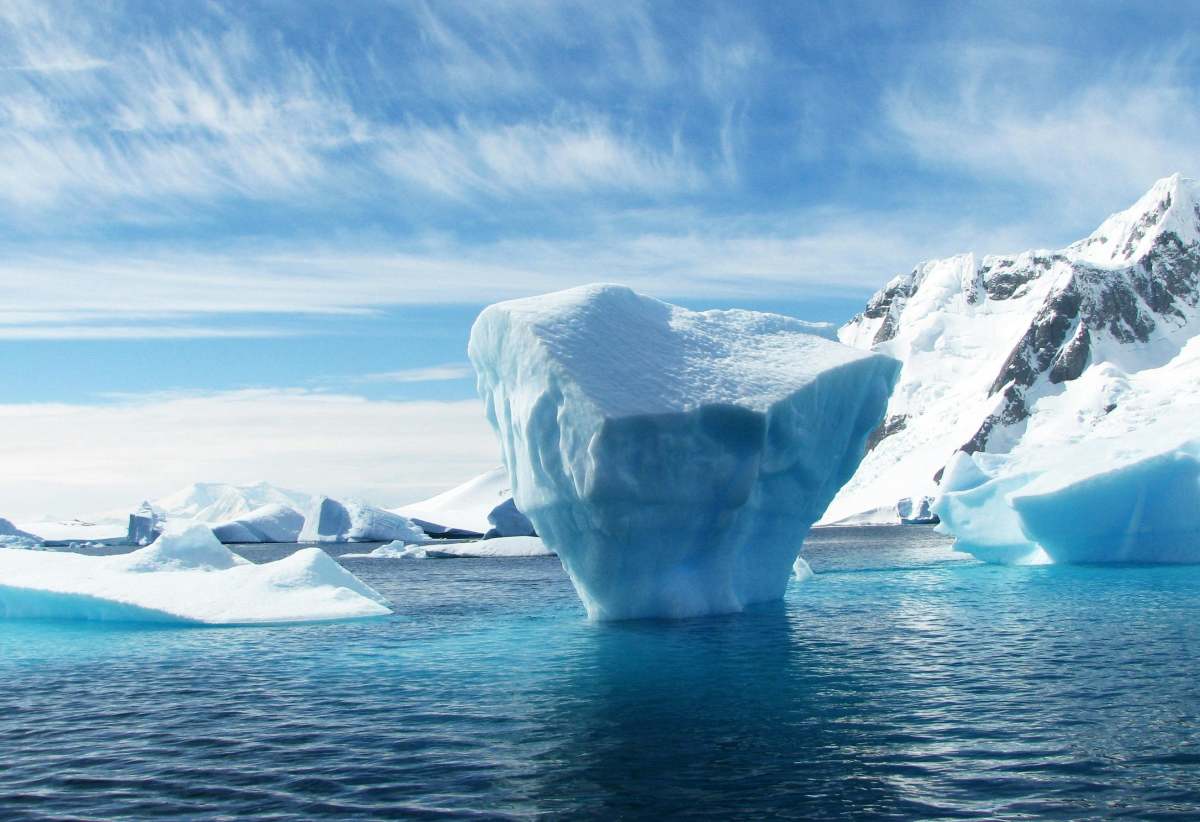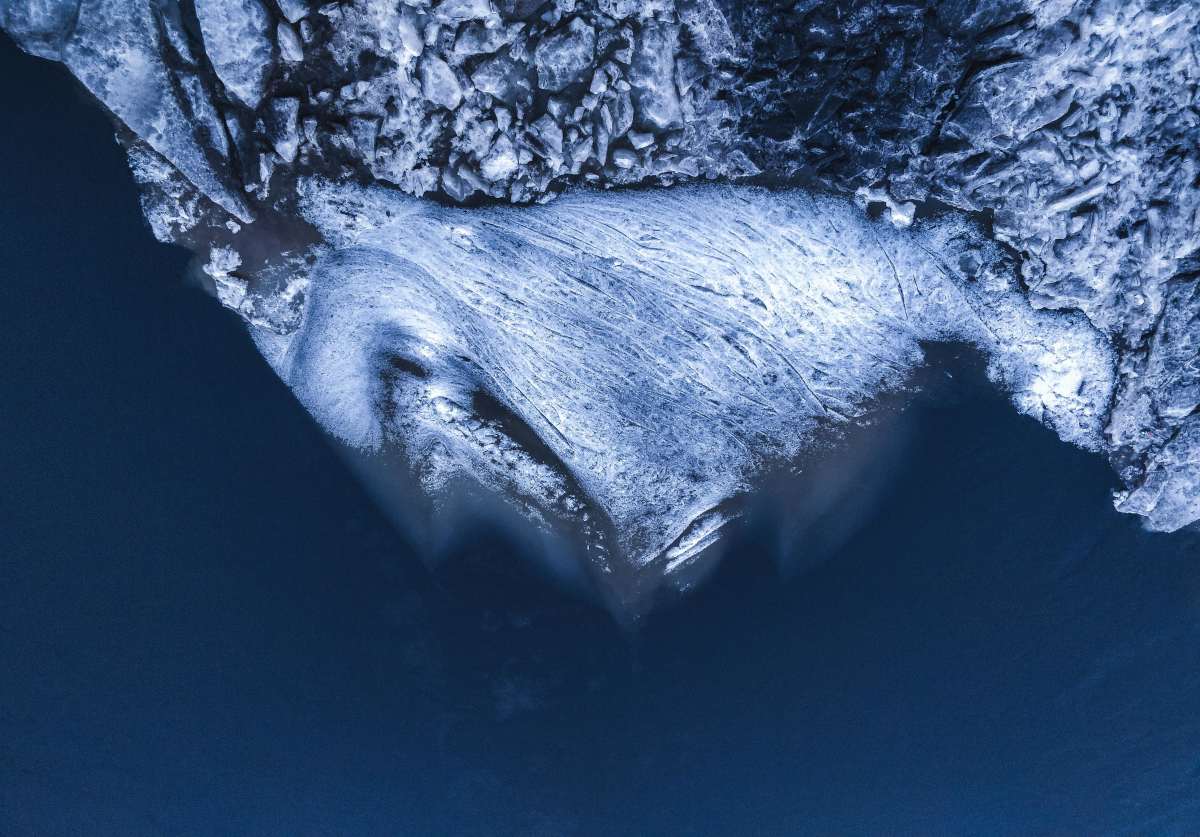Researchers discovered a stunning, never-before-seen ecosystem in Antarctica's Lake Enigma

Scientists have detected something intriguing beneath Antarctica. The findings have arrived from Lake Enigma, and the gathered insights have been published in the journal Communications Earth & Environment. Researchers were shocked to locate lifeforms in Lake Enigma, as they believed its conditions were not viable to support life. These turn of events made researchers speculate how these creatures, in particular, managed to survive in the lake. In this pursuit, the team is optimistic that they will shed light on details that will help them understand how life could exist in other complex conditions, some of which could be extraterrestrial in nature.

Lifeless? No more!
Considering that Lake Enigma had been sealed for a millennium, researchers deemed it lifeless, according to Daily Galaxy. The frozen body of water is an isolated lake in the coldest continent in the world. Its non-vitality was questioned in 2019 when a team of scientists led by the National Research Council of Italy drilled into the ice. They discovered water 36 feet below the surface, which was teeming with microbial life. They were careful to maintain the integrity of the structure; therefore, before drilling, they used ground-penetrating radar to analyze the surface. After extracting water samples, they discovered a microbial community containing organisms such as Pseudomonadota, Actinobacteriota, Bacteroidota, and Patescibacteria.
Experts are sure that nothing entered the habitat for a thousand years, which implies the creatures have been locked in for that long. The team tested the water to determine its origin, according to Live Science. Researchers wanted to shed light on the origin, as the conditions of the area should have dried up any liquid a long time ago. So whatever was facilitating was extraordinary in nature. The chemical composition of the salt in the water revealed the origin to be nearby Amorphous Glacier, which was possibly supplying water through an unknown underground pathway.

Dominance of microbes
Researchers were surprised to find that not only were a particular set of microbes present in the ecosystem of Lake Enigma, but they were dominating it, according to The Debrief. This set belonged to the superphylum Patescibacteria. This microorganism was remarkably absent from surveys undertaken of nearby areas, such as Antarctica's McMurdo Dry Valleys. Another feature that makes Lake Enigma stand apart from others of its kind in Antarctica was that Cyanobacteria were not found in its ice and water column, but carried an extensive and diverse presence in its benthic microbial mats, which are the lake's bottom.
No other place boasts of such microbial mats, which contain colonies of microorganisms exhibiting layered films. The presence of Patescibacteria is also interesting to experts, as these creatures have never been detected previously in similar environments. Researchers are not yet sure whether this group plays a symbiotic or predatory role in this ecosystem. "Collectively, these features reveal a new complexity in Antarctic lake food webs and demonstrate that in addition to phototrophic and simple chemotrophic metabolisms, both symbiotic and predatory lifestyles may exist," the team added.

Extraterrestrial scope
Experts want to examine Lake Enigma to understand if life could exist in similar harsh conditions on Earth and also at extraterrestrial sites. The lake's features are similar to the speculated environment of icy moons like Europa or Enceladus. Europa, one of Jupiter's moons, is believed to carry a subsurface water body, like Lake Enigma. Hence, if life can exist in Lake Enigma, then it may also persist in Europa. The finding also bolsters Mars' chances of vitality as both the lake and the Red Planet exhibit dry and cold conditions. Therefore, researchers are looking forward to garnering more insights about Enigma's ecosystem to become proficient in identifying phenomena similar to it in other places.